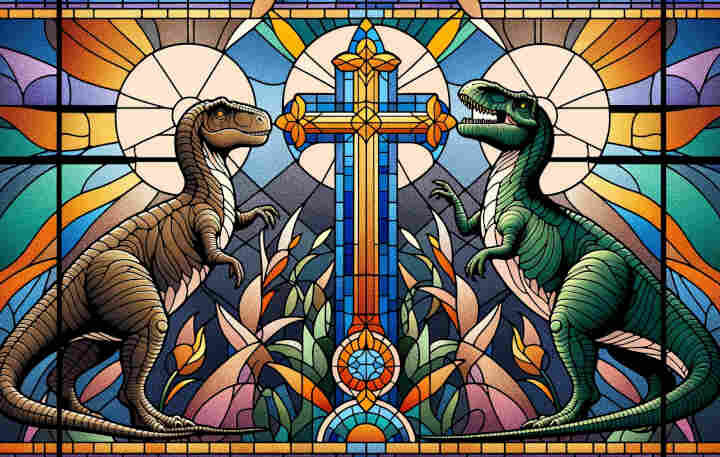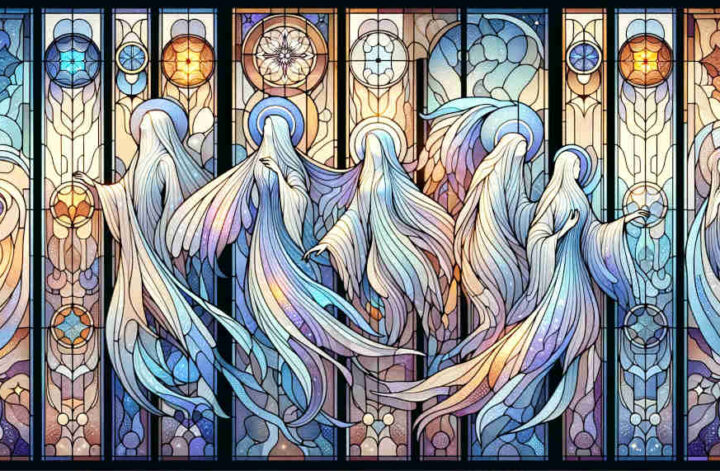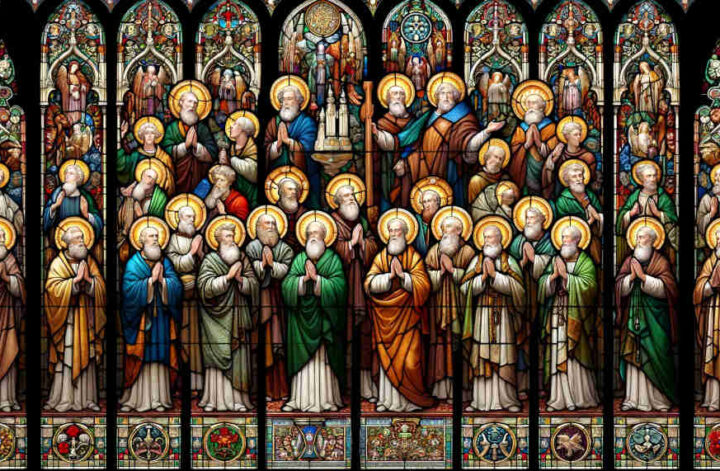Dear Elias,
Thank you for your intriguing question, “Do Christians believe in dinosaurs?” This inquiry touches on how faith interfaces with scientific understanding, a topic that has been a point of interest and sometimes contention within Christian circles and beyond.
Christian Perspectives on Dinosaurs
The question of whether Christians believe in dinosaurs can elicit diverse responses, reflecting the broad spectrum of beliefs within Christianity. The answer largely depends on how individuals interpret the Bible in light of scientific discoveries. It is essential to recognize that Christianity is not monolithic, and therefore, encompasses a range of views.
Biblical Interpretation and Scientific Evidence
Some Christians read the Bible’s creation narrative in Genesis literally, and they may believe that the earth is relatively young. In this view, dinosaurs were created by God along with other creatures, potentially coexisting with humans, and the fossil record is interpreted within the framework of a young earth. Such believers may see the Book of Job, which references large creatures like ‘Behemoth’ and ‘Leviathan,’ as evidence of dinosaurs in the scriptural text.
On the other hand, many Christians accept the scientific consensus that the earth is billions of years old and that dinosaurs existed long before humans. Those who hold this view often interpret the Genesis creation account as poetic or allegorical, allowing for an understanding of the Bible that accommodates scientific findings about dinosaurs and the age of the earth.
Theological Considerations
Theologically, the existence of dinosaurs does not pose a direct challenge to Christian doctrine. The central tenets of Christianity focus on the nature of God, the life and teachings of Jesus Christ, and the relationship of humanity to the divine. Whether or not dinosaurs roamed the earth millions of years ago does not alter these core beliefs.
Faith and Science in Christianity
It’s important to affirm that many Christians see no conflict between their faith and scientific evidence for the existence of dinosaurs. The Catholic Church, for example, has long held that scientific discovery and faith are complementary. Pope Francis, reflecting on the relationship between Christianity and science, has stated, “Evolution in nature is not inconsistent with the notion of creation, because evolution requires the creation of beings that evolve.”
In conclusion, Christians hold a variety of beliefs about dinosaurs, informed by their interpretations of the Bible and their views on science and faith. However, it is a common stance among Christians that the scientific evidence for dinosaurs is not in conflict with Christian doctrine and that one can maintain a faithful Christian belief while accepting scientific facts about the history of life on Earth.
With every good wish,
Theophilus


